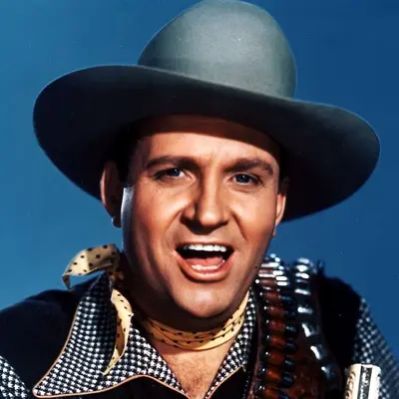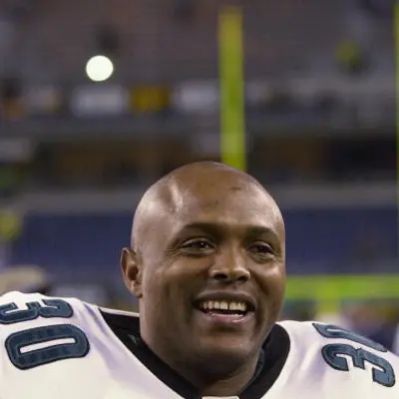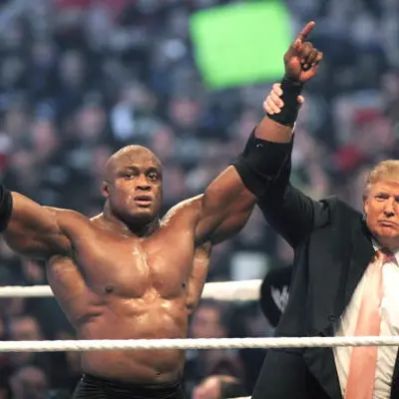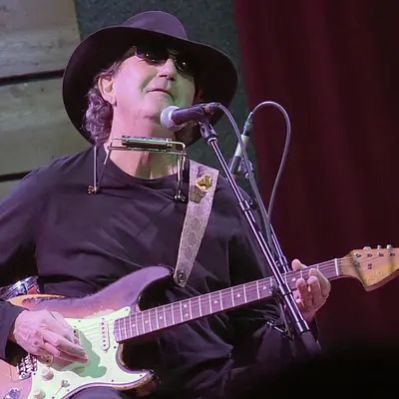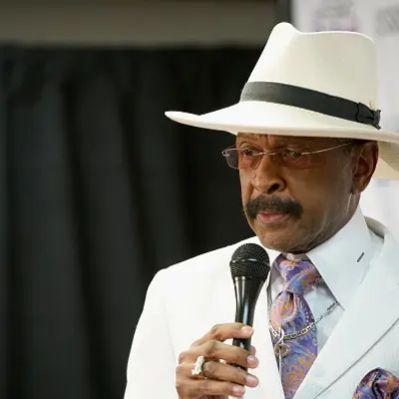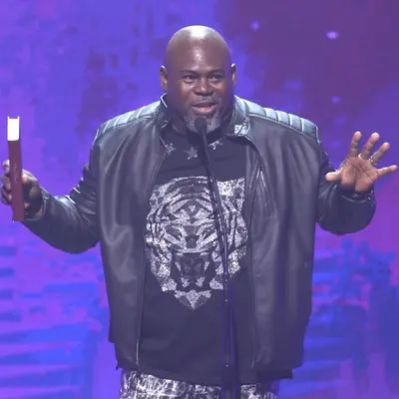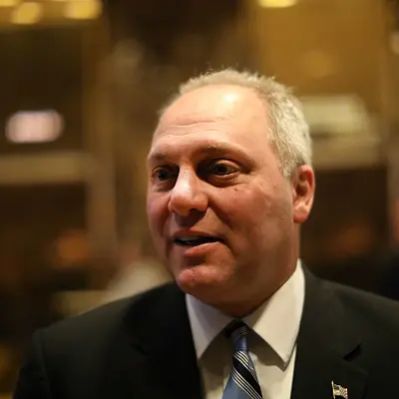What Is Whitey Ford Net Worth’ Net Worth?
At the time of his death on October 8, 2020, Whitey Ford, the celebrated former American professional baseball player, had a net worth of $4 million. Ford, often hailed as the best pitcher in New York Yankees history, spent his entire 16-year Major League Baseball (MLB) career with the Yankees. During his career, he achieved remarkable success, winning six World Series championships and earning 10 All-Star selections.
Early Life and Career Beginnings
Edward Charles “Whitey” Ford was born on October 21, 1928, in Manhattan, New York City. When he was five, his family relocated to Queens. His father worked at Consolidated Edison for many years before opening a bar called the Ivy Room in Astoria, Queens, with a friend. Ford’s father, who also played semi-professional baseball, influenced his son’s early interest in the sport. Ford grew up as a Yankees fan, idolizing Joe DiMaggio, who later became his teammate. To play baseball, Ford attended the Manhattan School of Aviation Trades, traveling into Manhattan every day for classes. In 1947, Ford played for the Yankees’ Class-C team in Butler, Pennsylvania. Because his manager had difficulty remembering new players’ names, he started calling Ford “Blondie” and “Whitey” due to his hair color. The nickname “Whitey” stuck with Ford. After high school, several big league clubs noticed Ford, but the Yankees outbid the Boston Red Sox and New York Giants. He began his career in the Yankees’ minor league system, never playing for another team.
MLB Career and Accomplishments
Whitey Ford debuted in the Major Leagues with the New York Yankees in 1950 at the age of 21, starting in 12 games and achieving a 9-1 record with a 2.81 ERA. The Yankees went on to win the World Series against the Philadelphia Phillies, with Ford starting Game 4. His career was interrupted by military service during the Korean War in 1951 and 1952. Ford returned to the Yankees in 1953 and continued his successful career until 1967. Over his 16 seasons, Ford had a win-loss record of 236-106, with 1,956 strikeouts and a 2.75 ERA. Ford’s #16 was retired by the New York Yankees, and he was inducted into the National Baseball Hall of Fame in 1974. He appeared in 11 World Series, holding records for the most wins (10), losses (8), games started (22), walks (34), and strikeouts (94) in the postseason.
Accolades and Achievements
Throughout his career, Whitey Ford earned numerous accolades. He was a 10-time MLB All-Star, a six-time World Series champion, and won the Cy Young Award and the World Series MVP in 1961. In 1961, he had an exceptional season, winning 25 games and securing the Cy Young Award. In 1963, he posted a 24-7 record, further cementing his status as a top pitcher. He also led the American League in wins three times and was a two-time MLB ERA leader, showcasing his dominance on the mound. In 1956, his ERA was 2.47, and in 1958, it was 2.01.
Post-Playing Career
After retiring from baseball in 1967, Whitey Ford remained involved in the sport. In 1974, the New York Yankees retired his jersey number 16, marking him as the first pitcher in the team’s history to receive this honor. In 1974 and 1975, he served as the team’s pitching coach after George Steinbrenner and General Manager Gabe Paul brought Ford back. Ford briefly worked as a broadcaster and opened a restaurant in Garden City called “Whitey Ford’s Cafe,” which closed within a year. In 1977, he traveled to Japan to tutor pitchers for the Nippon Ham Fighters while wearing his Yankee uniform. He also spent two days in Cuba with George Steinbrenner and Gabe Paul to “observe Cuba’s baseball program.”
Additional Ventures and Investments
Beyond baseball, Whitey Ford explored various investment opportunities. In retirement, Ford owned an insurance agency, a couple of office buildings, a garden-apartment complex, and a piece of a bank in New Hyde Park, N.Y. He successfully invested in harness racing horses, which helped him pay off debts from earlier unsuccessful investments. While specific financial figures for these ventures are not readily available, they contributed to his overall financial well-being. It was estimated that over his 18 years playing baseball, he earned $600,000 in salary plus $80,000 in World Series bonuses.
 Net Worth Ranker
Net Worth Ranker



















